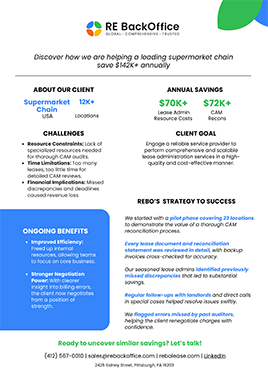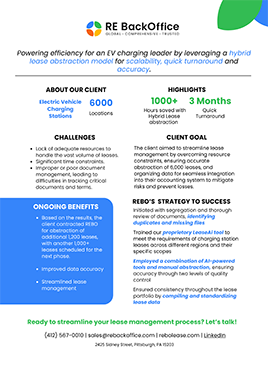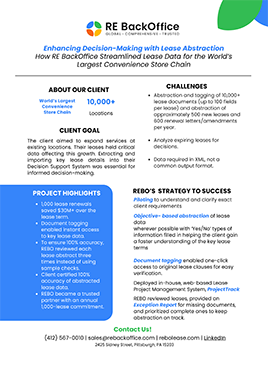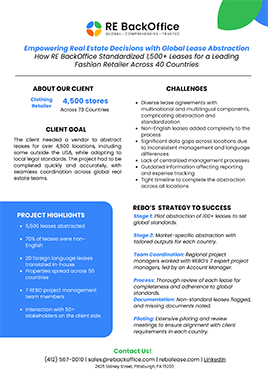
The audit rights clause holds significant importance for tenants, ensuring transparency and accuracy in the calculation of operating expenses. This clause delineates the tenant's entitlement to scrutinize the landlord's financial records related to common area expenses, providing a mechanism for verification and resolution in case of discrepancies.
At its core, the audit rights clause grants tenants the prerogative to examine the landlord's books and records pertaining to operating expenses incurred in the preceding calendar year or potentially even earlier periods. However, this privilege comes with certain procedural requirements and limitations aimed at maintaining a balanced approach between the rights of the tenant and the obligations of the landlord.
Key components of the audit rights clause include:
Prior Written Notice:
Before initiating an audit, tenants are typically obliged to furnish prior written notice to the landlord, indicating their intent to inspect the financial records. This formal notification serves to establish a structured process and allows the landlord to prepare for the audit accordingly.
Notice Period and Timeframe:
The clause often delineates the notice period required before conducting the audit and specifies the timeframe during which the landlord's books of account should be made available for inspection. This timeframe facilitates the timely resolution of disputes and ensures that audit procedures are conducted efficiently.
Scope of Audit:
The audit rights extend specifically to common area expenses, encompassing various components such as maintenance costs, utilities, property management fees, and other operational expenditures relevant to shared spaces within the premises. By focusing on these expenses, tenants can verify the accuracy of calculations and ensure compliance with lease terms.
Dispute Resolution:
In case of discrepancies uncovered during the audit process, the clause typically outlines procedures for dispute resolution. This may involve negotiations between the tenant and the landlord to rectify any inaccuracies or discrepancies identified in the financial records. Depending on the nature and extent of the discrepancy, resolutions may involve refunds, adjustments, or other remedial actions.
Time Limitations:
To prevent undue delays and ensure the timely resolution of disputes, the audit rights clause may impose limitations on the timeframe within which audits can be conducted. Typically, tenants are afforded a reasonable window of opportunity to review the landlord's records and raise objections. Failure to initiate the audit within this prescribed timeframe may result in the forfeiture of the tenant's right to conduct an audit for the relevant period.
Record Retention Period:
Landlords are usually required to maintain financial records for a specified period, typically ranging from two to three years, before discarding them. This ensures that tenants have access to relevant documentation within a reasonable timeframe for audit purposes.
In essence, the audit rights clause serves as a safeguard mechanism, empowering tenants to verify the accuracy of operating expenses and uphold their contractual rights within the lease agreement. By fostering transparency and accountability, this clause promotes a fair and equitable relationship between landlords and tenants in the realm of commercial leasing.


